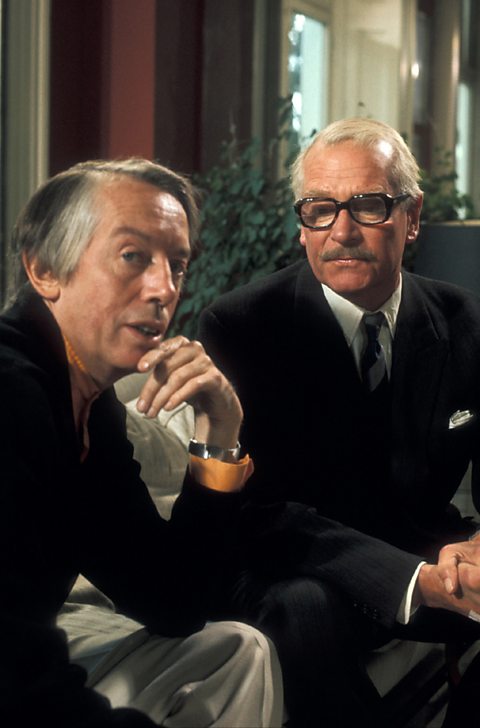Reviewing drama
To evaluate something is to measure its worth. It demands considered judgement and analysis. To evaluate drama and theatre you must be able to recognise what was and wasnât successful onstage and recognise all the elements that contribute to the impact of a production. If youâre writing about theatre it may be to evaluate your own work or that of others in a production youâve seen. A written account of the strengths and weaknesses of a show is called a review.
If youâre writing about a live theatre production or submitting a review, you need to understand what this means. Itâs an opinion and its job is to advise others about how good (or bad) something is.

People all have different tastes so opinions must always be justified. This means backed up with a clear example to support every argument. You must say why you did or didnât like a particular aspect of the work. If you just give your opinion without a good reason others might not trust it. You would also need a thorough knowledge of drama elements, the drama medium and explorative strategies so you can note how theyâre used in the work youâre writing about.
A critic is a man who knows the way but can't drive the car.
Even professional reviewers of theatre (called theatre critics) rarely write wholly negative reviews. If they slated a production, (called a âhatchet jobâ), without evidence that theyâve searched for some positives, the reader might feel less inclined to believe them. Their review would then lack authority.
Steer clear of phrases like âI thought it was terribleâ or âI found it boringâ. Not only will you sound unintelligent but arrogant too. Remember that youâre writing about the work of professionals who may have much more experience and understanding of theatre than you do.